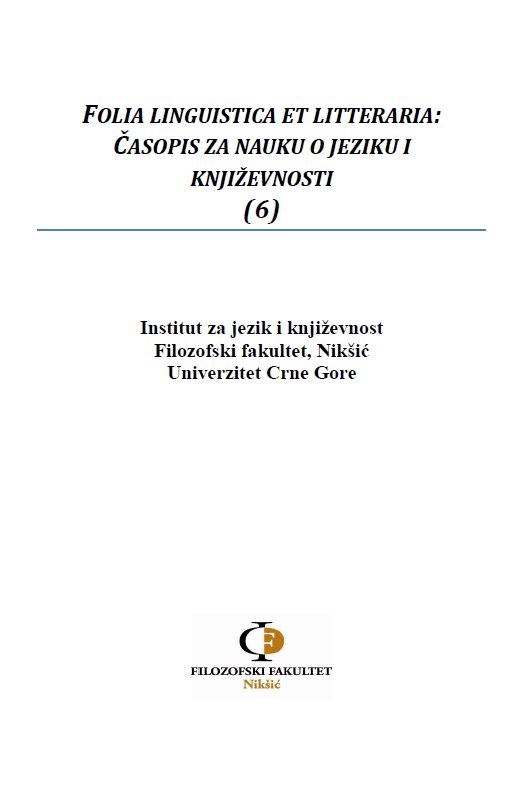THE MEANING OF THE (BU)KA-FORM IN BASSE MANDINKA
THE MEANING OF THE (BU)KA-FORM IN BASSE MANDINKA
Author(s): Alexander AndrasonSubject(s): Theoretical Linguistics, Semantics, Philology
Published by: Filološki fakultet, Nikšić
Keywords: African linguistics; Mande family; Manding; Mandinka; verbal system; semantics;
Summary/Abstract: The present paper provides a detailed study of the semantic content of a verbal construction, so-called (BU)KA form, in Basse Mandinka, a Mandinka language spoken in the easternmost part of Gambia. The evidence demonstrates that the total meaning of the analyzed locution includes the following more specific values, partially overlooked in non-abundant traditional grammatical descriptions: iterative-habitual and progressivecontinuous present and past, atemporal-universal present, modality (mental and physical competence-capacity-ability, root possibility, permission or volition) and inclusive perfect. Moreover, we show that our data provide additional valuable facts concerning a typologically universal relation between the domain of iterativity-habituality and the concept of modality.
Journal: Folia Linguistica et Litteraria
- Issue Year: 2012
- Issue No: 6
- Page Range: 79-94
- Page Count: 16
- Language: English

